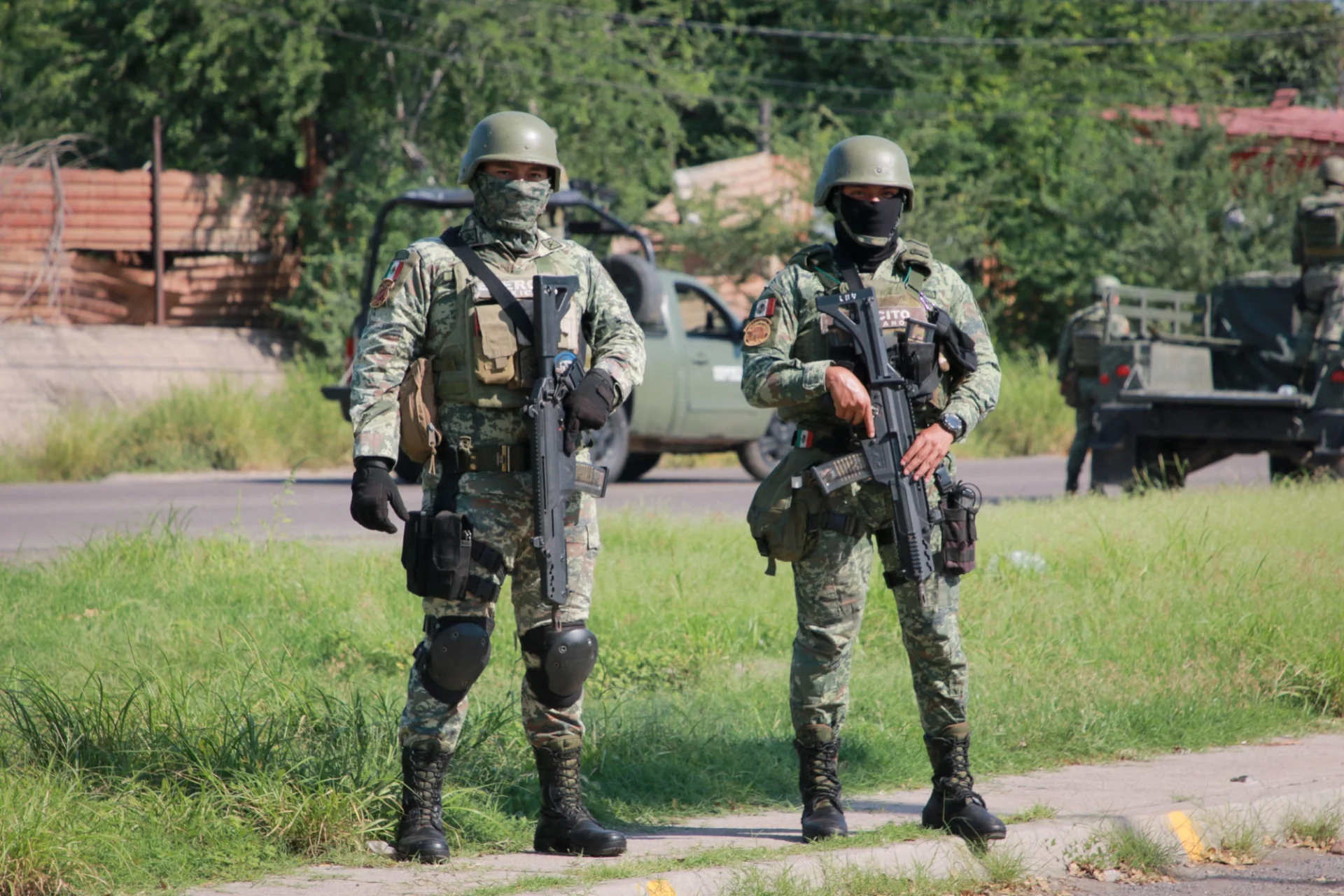MEXICO CITY — For months, Mexican business officials have gathered in a sleek conference room of the American Chamber of Commerce here to learn about a U.S. threat to their firms that isn’t a tariff.
The topic? President Donald Trump’s labeling of several Mexican and other cartels and gangs as terrorist groups. That action is part of a broader Trump pressure campaign on Mexico to eliminate the threat of drug cartels to the U.S., which could soon include U.S. military strikes.
Trump’s move means a company in Mexico that engages in a financial transaction with a cartel could face new U.S. sanctions or criminal charges of providing material support for terrorism. Given the vast reach of the cartels, which have expanded beyond drugs to become more like multinational conglomerates, odds are high that firms here occasionally brush against such networks, even unwittingly. So business leaders are crowding Chamber sessions, grabbing coffee and pastries, and poring over detailed protocols about how to protect themselves from institutions such as the U.S. Treasury Department.
“They’re worried,” Pedro Casas Alatriste, a top Chamber official, told me. “Let’s say they have one of their workers get kidnapped, and they have to negotiate in a way that touches organized crime — then they’re susceptible.”
Trump has succeeded at scaring Mexico’s business class over the cartel issue and rattling Mexico’s broader political class with menacing promises of military action. But will he achieve his grander ambition of quashing the cartels? Almost certainly not. In fact, Trump could make an already bad situation worse.

